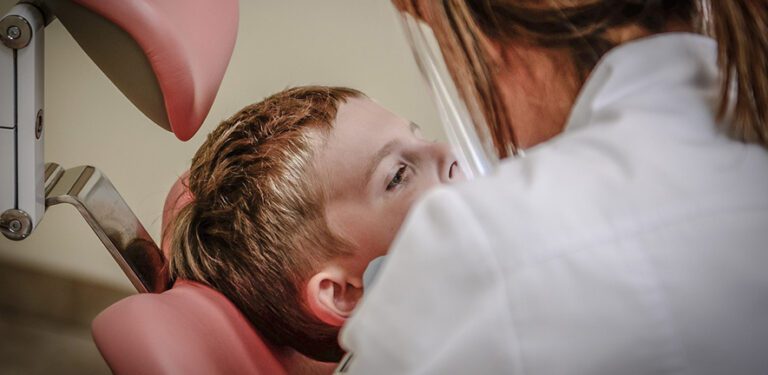In a study published today in BMJ Nutrition, Prevention & Health, researchers at the Medical Research Council (MRC) Epidemiology Unit in Cambridge found that the levy may have reduced the number of under-18s having a tooth removed due to tooth decay by 12%. The biggest reductions were in children aged up to nine years.
Sugar-sweetened beverages account for about 30% of added sugars in the diet of children aged one to three years and over one and a half to late adolescence. In England, nearly 90% of all tooth extractions in young children are due to tooth decay, resulting in around 60,000 missed school days a year.
The World Health Organization has recommended a tax on sugary drinks to reduce sugar consumption, which more than 50 countries have implemented. In March 2016, the UK government announced a levy on the soft drinks industry, or ‘sugar tax’, which aimed to reduce sugar intake by encouraging drinks manufacturers to reformulate their products. The levy was implemented in April 2018.
While the link between sugary drinks and tooth decay is well documented, no studies have used real-world data to examine the link between intake and dental health.
To address this, researchers analyzed data on hospital admissions for tooth extractions due to caries in children up to 18 years of age in England from January 2014 to February 2020. They looked at trends overall as well as breakdown by neighborhood and age group.
Overall, in children aged 18 and under, there was an absolute reduction in hospital admissions of 3.7 per 100,000 population per month compared to if the soft drink levy had not occurred. This was equivalent to a relative reduction of 12% compared to the case where the levy had not been imposed.
Based on a population of nearly 13 million children in England in 2020, the researchers estimated that the reduction avoided 5,638 tooth decay admissions. Reductions in hospital admissions were greatest in the youngest children aged up to four years and in children aged five to nine years, with absolute reductions of 6.5 and 3.3 per 100,000 respectively.
Dr Nina Rogers from the MRC Epidemiology Unit at the University of Cambridge, first author of the study, said: “This is an important finding as children aged five to nine are the most likely to be admitted to hospital for tooth extractions under general anaesthesia. . “
No significant changes in caries admission rates were observed in older age groups of 10-14 years and 15-18 years. However, reductions in hospital admissions were seen in children living in most areas regardless of deprivation.
Because this is an observational study and because there was no comparable control group, the researchers can’t say for sure that the soda load caused this reduction in tooth decay. They acknowledge that other national interventions, such as the sugar reduction program and mandatory nutrition labels alongside the levy, may have raised public awareness of sugar consumption and influenced purchasing habits.
However, they conclude that their study “provides evidence of potential benefits to children’s health from the UK soft drink industry levy beyond obesity, which it was originally developed to address”.
Professor David Conway, co-author and Professor of Public Health Dentistry at the University of Glasgow added: “Extraction of teeth under general anesthesia is one of the most common reasons for children being admitted to hospital across the UK. This study shows that ambitious public health policies, such as a tax on sugary drinks, can have an effect on improving children’s oral health.”
The research was funded by the Medical Research Council and the National Institute for Health and Care Research.
Report
Rogers, NT et al. Estimated impact of the UK soft drinks industry levy on children’s hospital admissions for caries exports: an interrupted time series analysis. BMJ Nutrition Prevention & Health; November 14, 2023; DOI:10.1136/bmjnph-2023-000714
Adapted from press release from BMJ.


